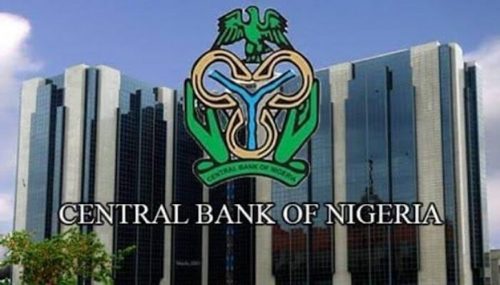In August, deposit money banks in Nigeria achieved an unprecedented lending milestone, reaching a staggering N54.76 trillion. This surge, partly attributed to recent central bank reforms and Loan to Deposit Ratio (LDR) policies, reflects a significant drive toward supporting local businesses.
The data from the Central Bank of Nigeria (CBN) reveals a steady climb in credit to the private sector, starting from N41.54 trillion in January 2023 and reaching N54.16 trillion in July. This surge, totaling N1.95 trillion between June and August, marks a 3.69 percent increase.
Notably, banks’ net domestic credit also soared to an all-time high of N87.27 trillion in August. This metric combines net credit to both the government and private sector. Specifically, credit to the government reached a record N32.51 trillion in August.
The growth in domestic credit, particularly to the private sector, can be attributed to a combination of banks’ foreign exchange revaluation gains and the strategic policies implemented by the CBN. This includes the collapse of foreign exchange markets into the Investors and Exporters (I&E) forex window, streamlining processes for various financial transactions.
Furthermore, private sector credit extension (PSCE) experienced an impressive 36 percent year-on-year increase, reaching N54.2 trillion by the end of July 2023. This surge signifies a substantial opportunity for MSMEs to access the capital they need for growth, capacity building, and job creation.
Yemi Kale, partner and chief economist at KPMG Nigeria, emphasized that the surge in private sector credit is largely driven by foreign exchange revaluation due to naira depreciation. This increase, he notes, is not solely due to new loans but also a result of the revaluation of dollar loans.










